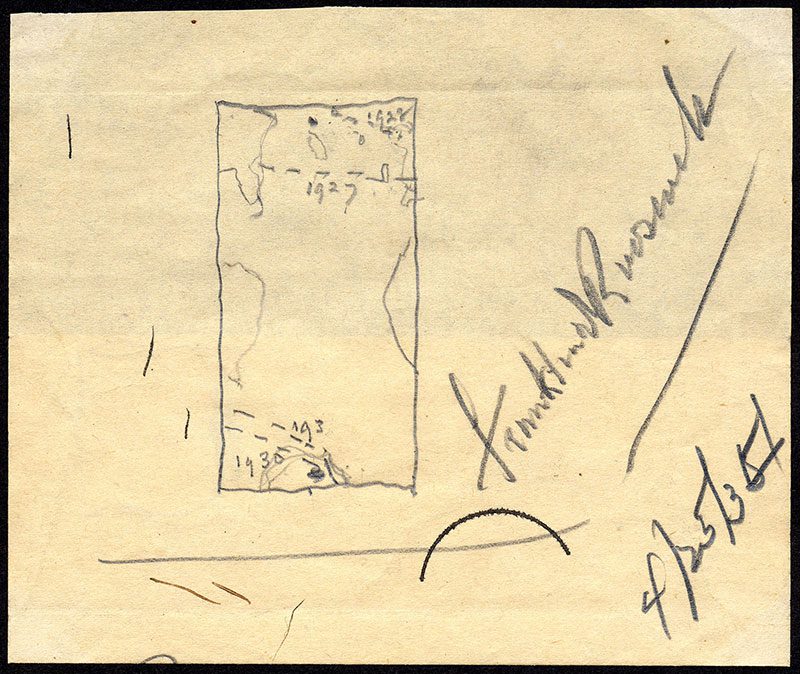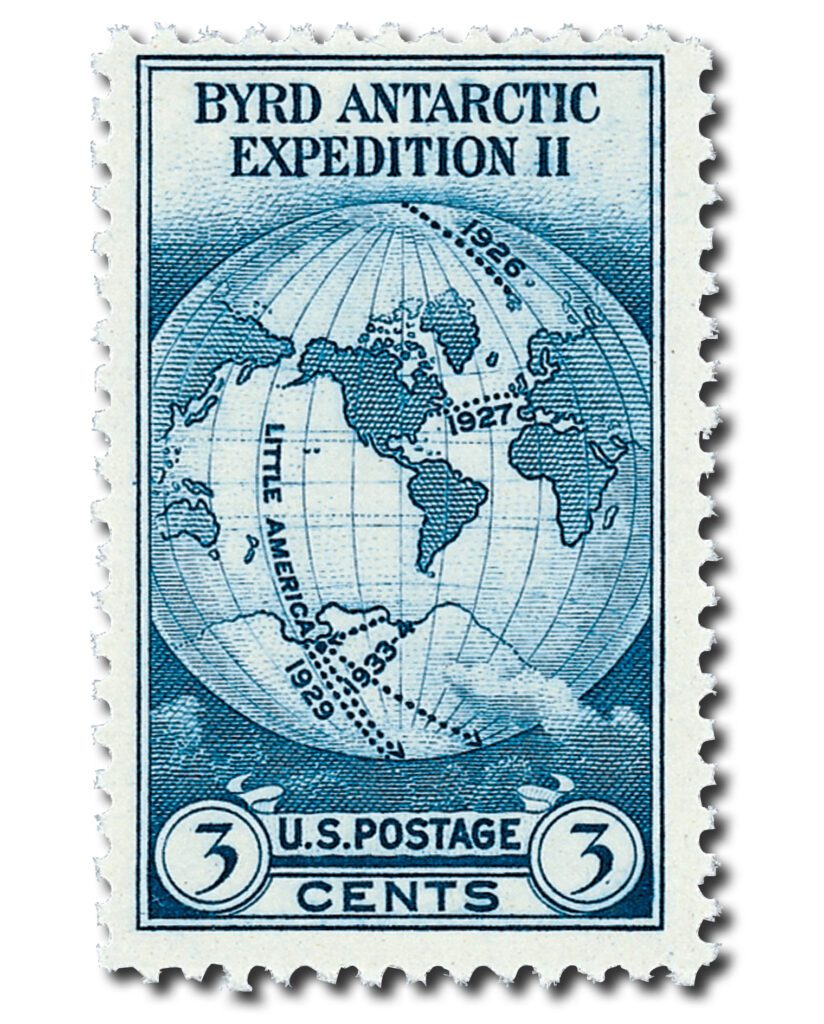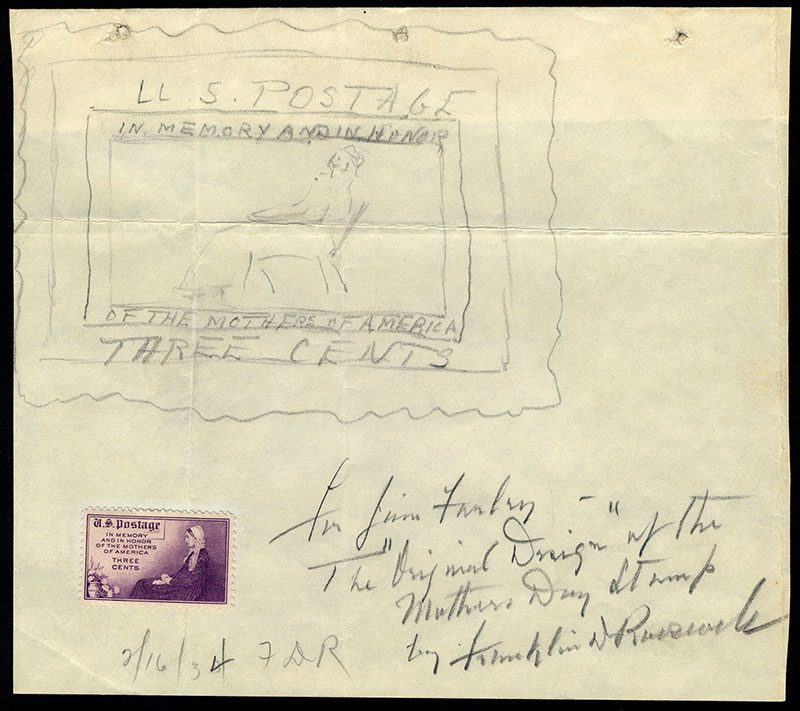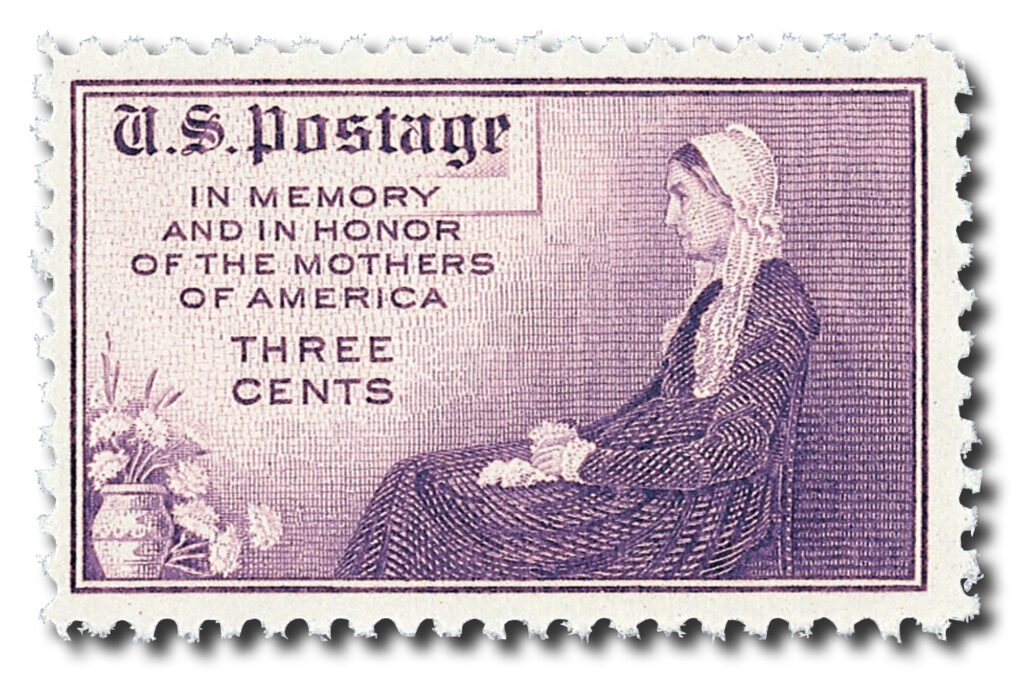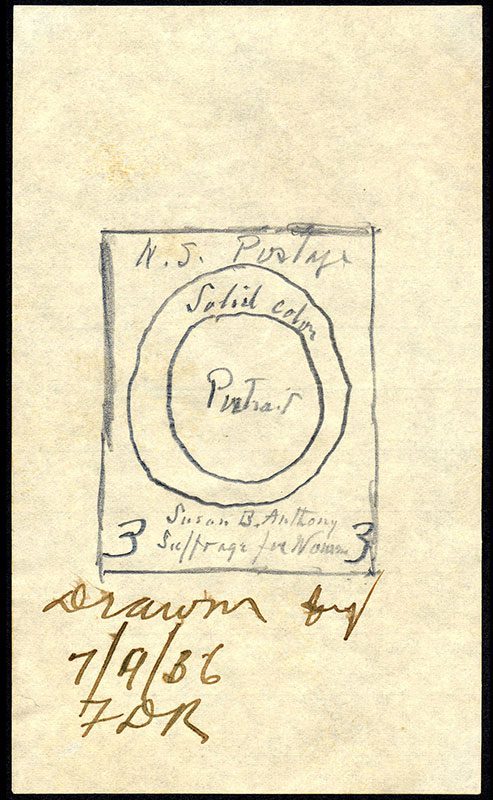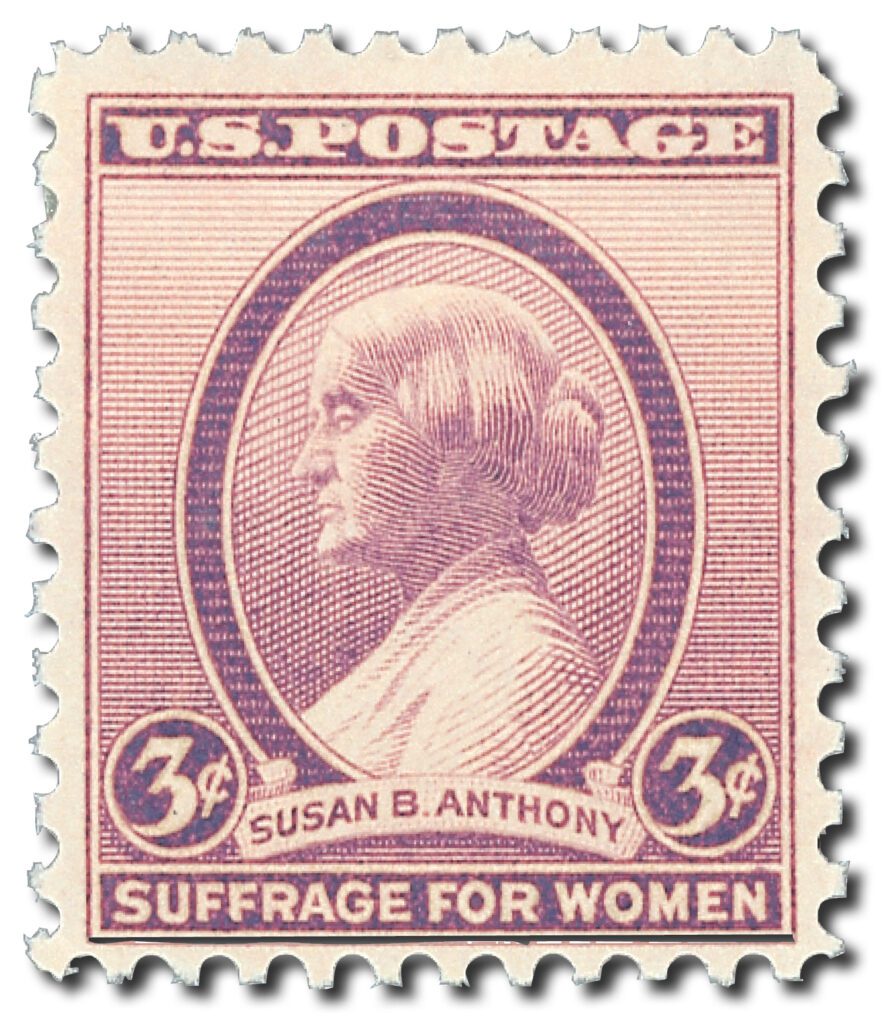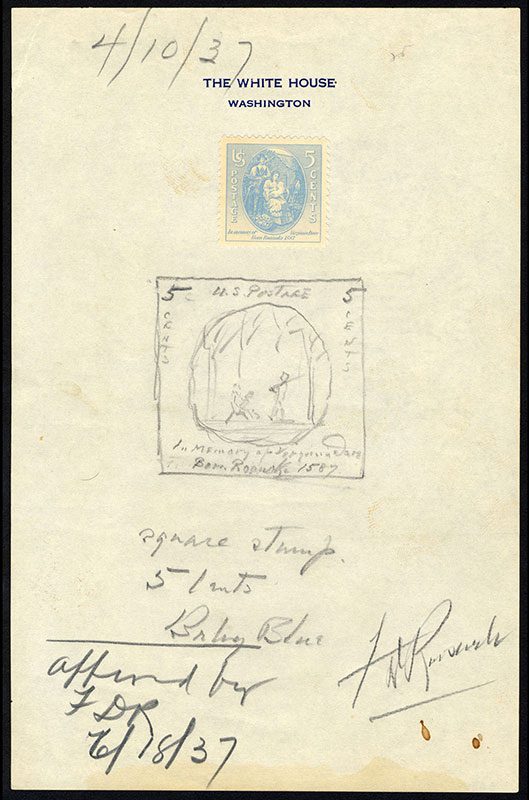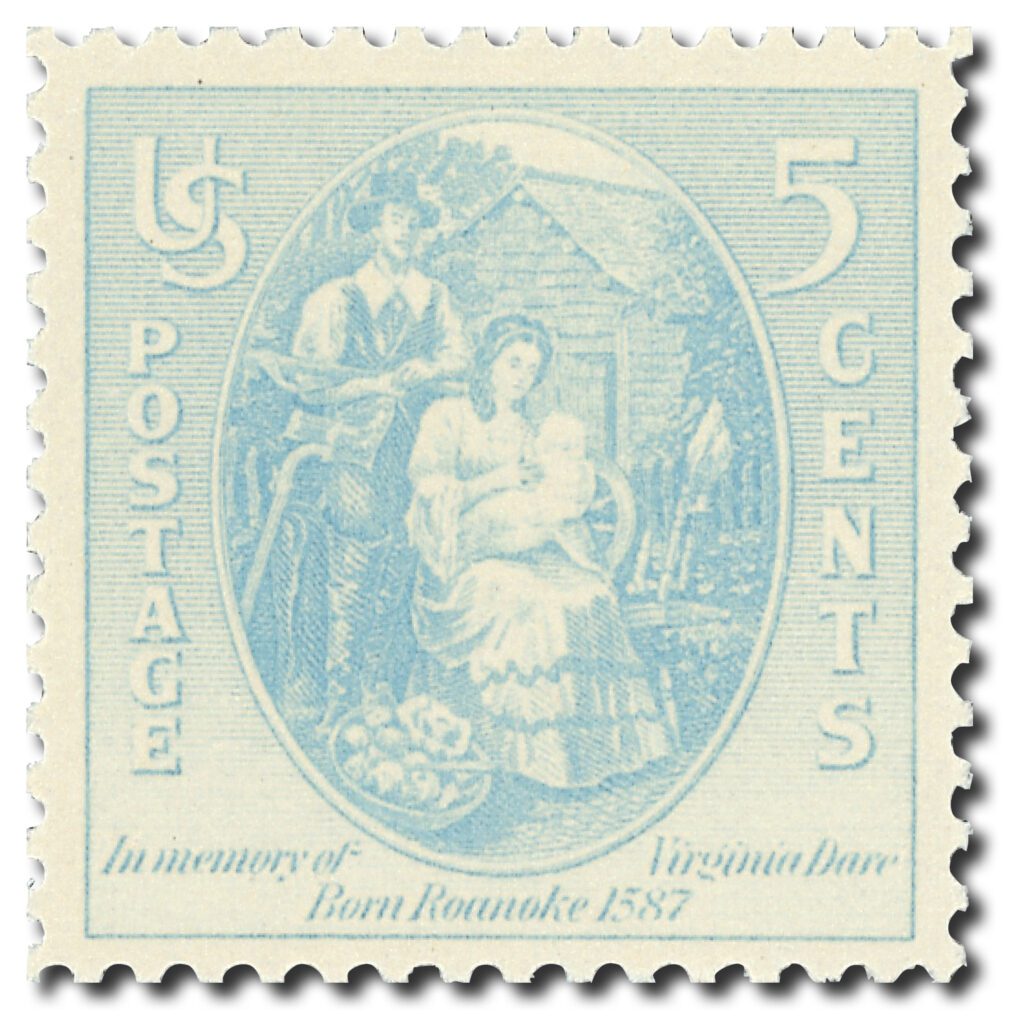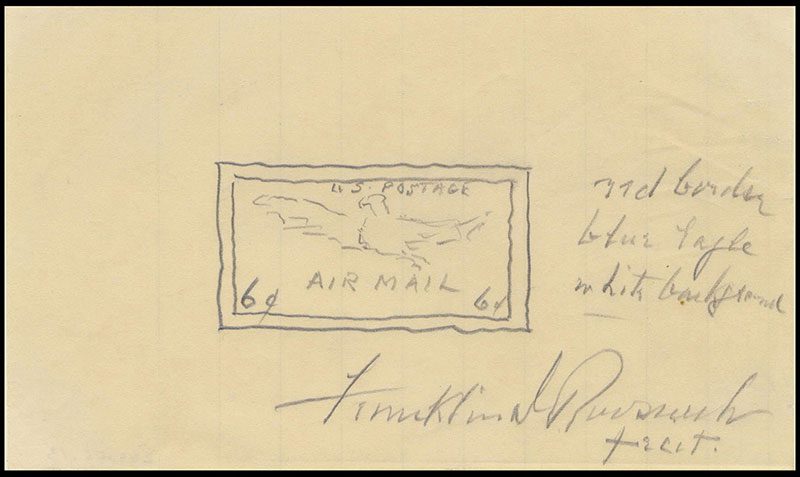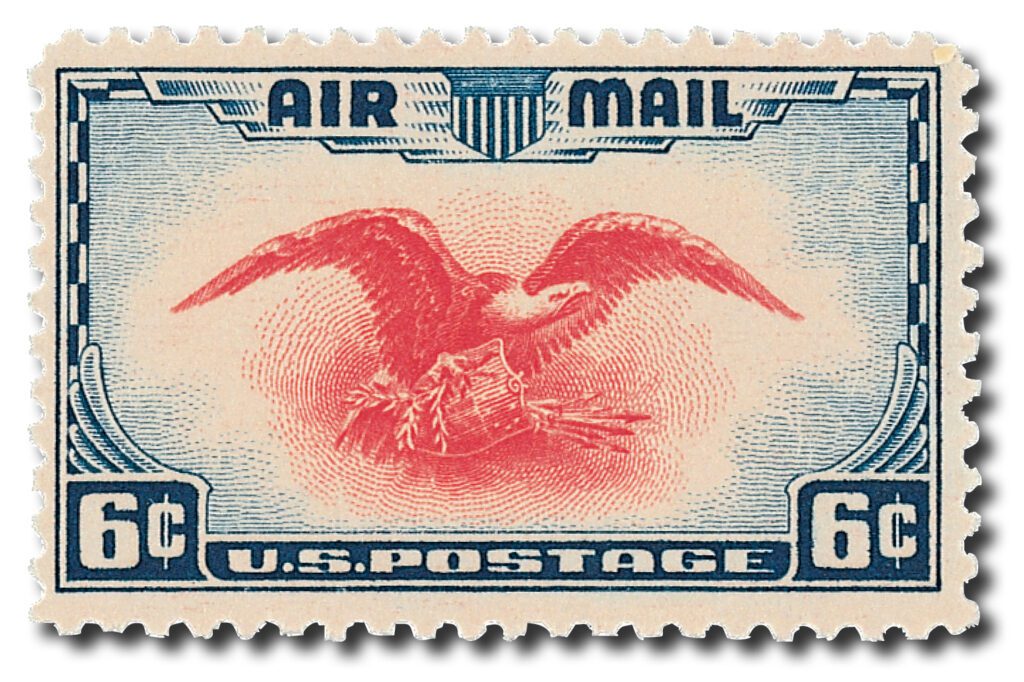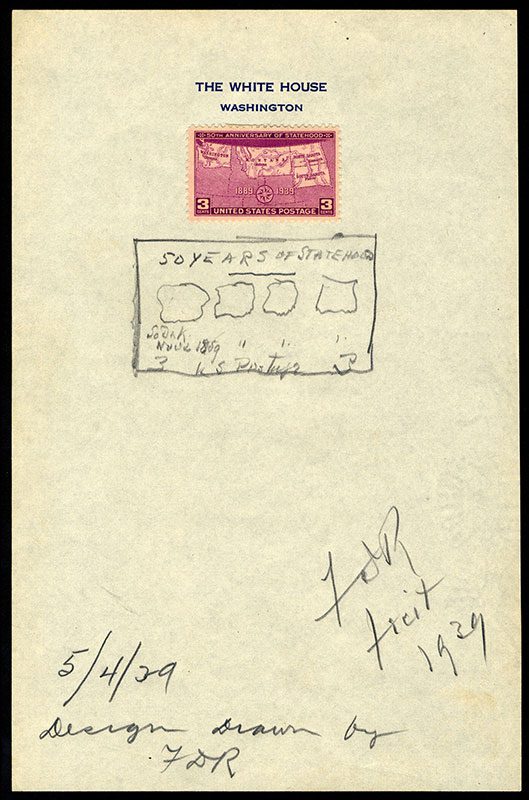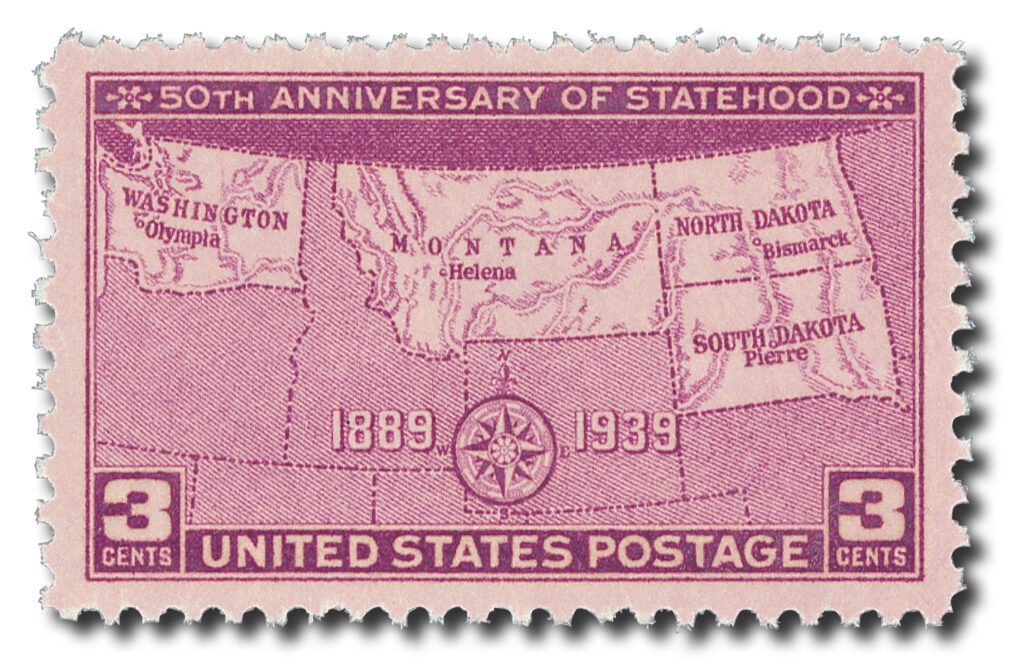Did You Know FDR Designed Postage Stamps?
Franklin D. Roosevelt, a passionate stamp collector and US president, played a remarkably hands-on role in stamp design during his presidency. Fueled by his love for the hobby, FDR often brainstormed and exchanged ideas with his postmaster general, James A. Farley. He would sketch simple but imaginative designs—sometimes with detailed notes on layout, color, and themes—and submit them for consideration.
FDR designed postage stamps using sketches that frequently guided the final versions, and he proudly signed and dated some of his proposals. While he was not a trained artist, his personal experience as a collector and his keen eye for impactful imagery left a lasting impression on US stamp designs of the era.
To help support Richard Byrd’s second expedition to Antarctica, President Roosevelt approved a stamp as partial payment for mail to the special post office in Little America. After rejecting four designs, FDR sketched a map with routes of Byrd’s expeditions.
Although originally intended to honor artist James Abbott McNeill Whistler, at FDR’s direction the stamp as issued honored mothers on Mother’s Day mail. The designer altered the painting Whistler’s Mother by removing the background and the woman’s feet and adding a vase of flowers.
When FDR saw the model for the Susan B. Anthony stamp, he sketched a revision and added a dark oval frame around the portrait of the women’s rights activist. Because the stamp was issued in an election year and honored the sixteenth anniversary of women’s right to vote, critics claimed it was politically motivated.
Roosevelt’s design for the stamp commemorating the colony of Roanoke’s 350th anniversary featured an image of the first English child born in America. He requested the square stamp be 5c and in the color baby blue.
The red and blue bicolor stamp featuring the American eagle was based on a design FDR sketched to help distinguish airmail letters from regular mail. The first day of issue coincided with National Air Mail Week, a nationwide campaign to promote the use of airmail.
North Dakota, South Dakota, Montana, and Washington each wanted a commemorative stamp for its fiftieth anniversary. FDR instead drew a single stamp that incorporated all four states on a map. Each state released the stamp at its capital city on the anniversary of its admission to the Union.

